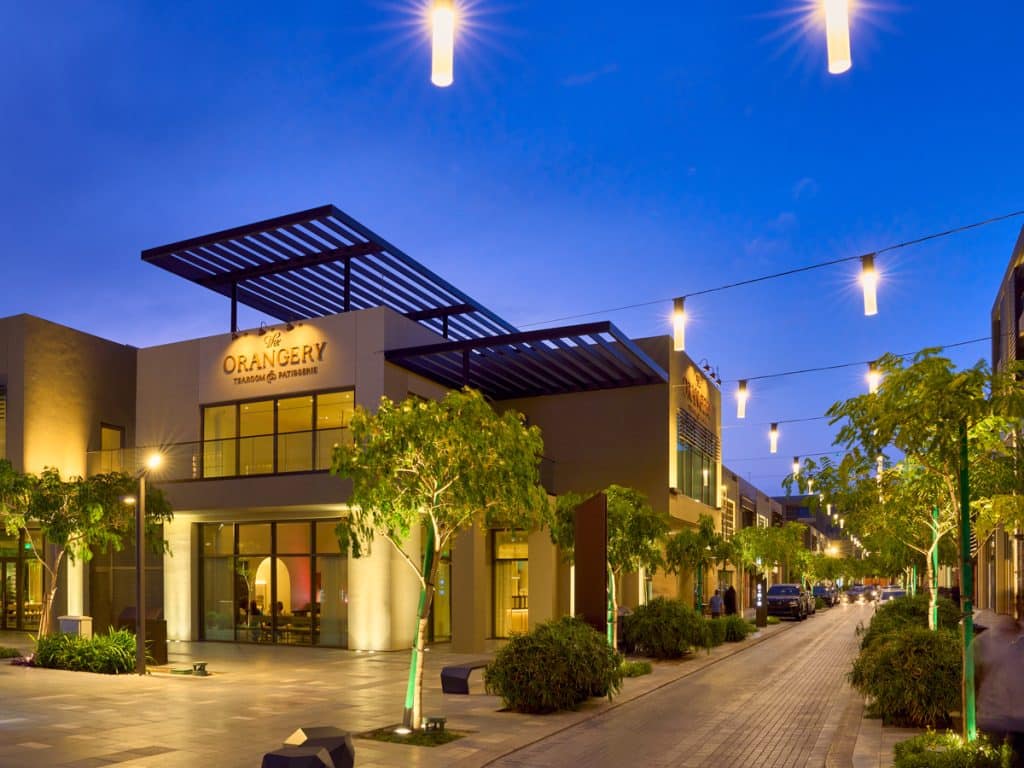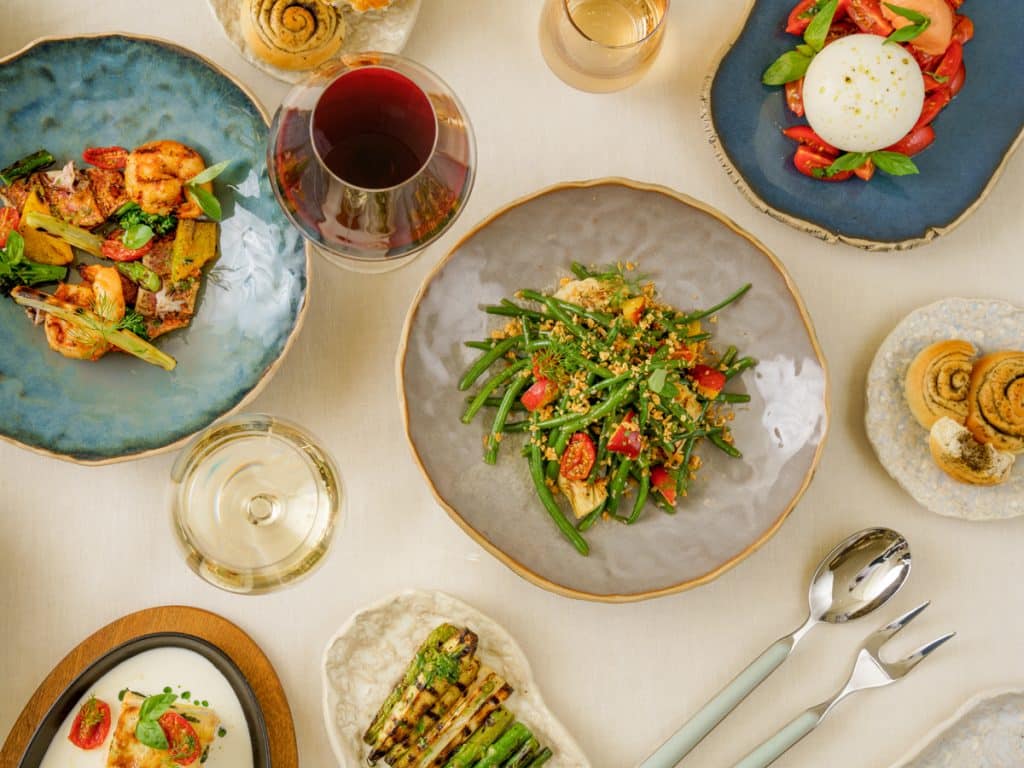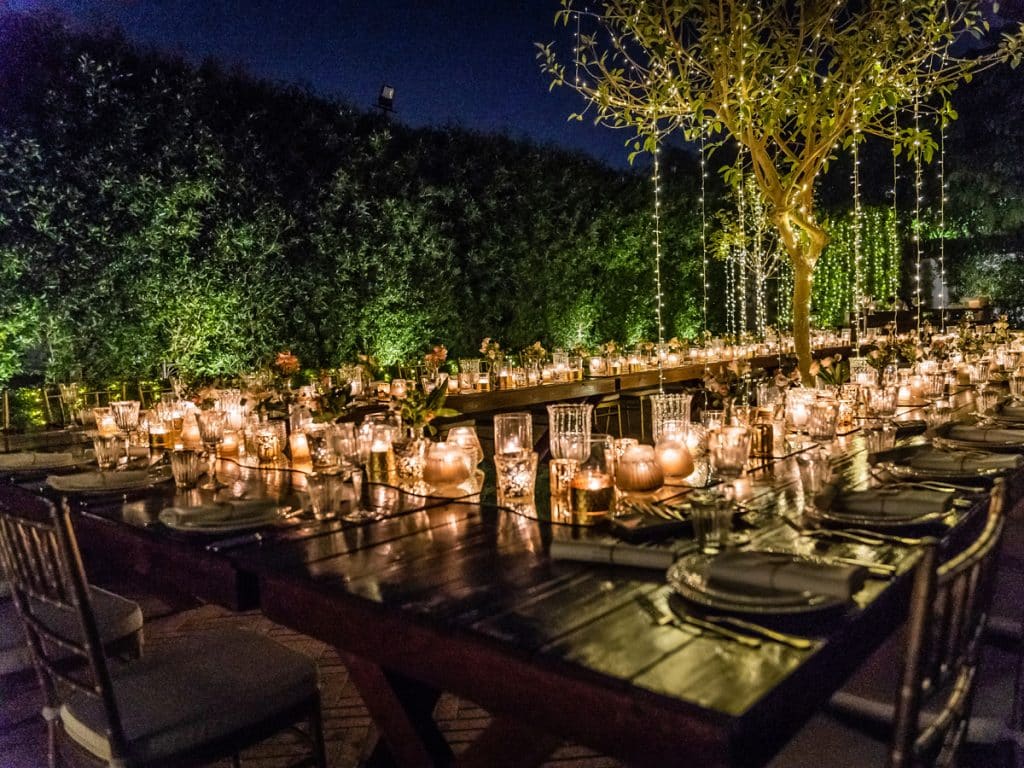Khalid Al Rumaihi discusses the current state of Bahrain’s F&B scene and the company’s impactful role in shaping Bahrain’s dynamic F&B scene with Caterer Middle East.
Khalid Al Rumaihi, the executive chairman of Amriya Group, is a pivotal figure in Bahrain’s flourishing F&B industry.
Under his leadership, the Group has not only nurtured homegrown concepts but also set new benchmarks in the region’s hospitality sector.
In an interview with Caterer Middle East, Al Rumaihi sheds light on the current state of Bahrain’s F&B scene, the importance of authenticity in dining experiences, and the Group’s strategy for ensuring unique culinary offerings.
He also touches on the challenges facing the industry and imparts wisdom for aspiring restaurateurs, underlining Amriya Group’s commitment to elevating Bahrain’s culinary reputation on the global stage.
What are your thoughts on the current state of the Bahrain F&B scene?
The food and beverage scene in Bahrain has always been dynamic. The key factor that has always differentiated the F&B scene in the Kingdom from other neighbouring countries is the popularity of homegrown concepts. I am always impressed with how professional and polished some of these concepts are and how they can stand-up and compete with well-known international brands.
I expect that Bahrain will witness in the next few months the entry of some global concepts into the market. Some of these have already been announced – like Cipriani, Sushi Samba, and Roka. This will raise the bar in terms of the competitive landscape, but I think many of the homegrown concepts will be able to stand their ground and rise up to the challenge.

Is enough being done to promote Bahrain as a F&B destination?
The Government has made great strides in the execution of its tourism strategy, but the industry always wants more. I think the diversity of the visitors to the Kingdom needs to improve. We are still overly-reliant on the weekend business that comes from visitors who travel across the King Fahad Causeway from the Kingdom of Saudi Arabia. We need to promote air travel and overnight visitors from other countries, especially given how successful Gulf Air has been in widening its network.
We also need to better showcase the variety of F&B offerings in the country, the amount of restaurants that have been conceived in Bahrain by local entrepreneurs and which have expanded to New York, London, and the region is quite impressive.
Additionally, we know that when you visit a country, you want to experience a local and unique dining concept – not a brand that you have visited back at home or on visits to other countries. Bahrain has that to offer in abundance, but it is a little-kept secret. It shouldn’t be.
How has Amriya Group contributed to the growth of the Bahrain F&B scene?
All of the concepts that Amriya has launched are homegrown. Concepts that, while homegrown, are created and managed without compromise. We have a simple guiding principle: to offer unparalleled dining experiences that echo the sophistication of international culinary brands while rooting them firmly in the essence of local hospitality.
We build our concepts as if they are being launched internationally in well-developed countries such as London or Hong Kong. There is no compromise on the interior design, the quality of staff, and the attention to details, whether it is ingredients, uniforms, or cutlery and crockery. Palmyard Hotel is a homegrown independent hotel reminiscent of Miami hotels on Ocean Drive; Masso Restaurant is imagined as a restaurant on the Amalfi Coast or Nice; and The Orangery Tearoom & Patisserie is characterised as an experience as if you are sitting in an English garden in London or Vienna.
We are building concepts that showcase how imagination, creative menus, exceptional design, and phenomenal staff can build brands from Bahrain that can be exported globally. Witnessing this potential in the market has helped attract brands to Bahrain and has also encouraged others to be similarly imaginative and ambitious in the homegrown concepts that they aim to create.
In some small way, we have helped to elevate the aspirations of the F&B entrants and we are proud to see that many of our alumni, whether chefs or managers, populate some of the best restaurants and establishments on the Island. They have gone on to become stalwarts in the industry and have helped further contribute to the enrichment of the Bahrain F&B scene.

What are your thoughts on the importance of authenticity in the F&B industry?
To me, authenticity is not just a trend or buzzword; it is about respect: for ingredients, origins, and our guests (we don’t call them customers). With the myriad of dining choices today, that genuine touch, that unique flavour, and that authentic experience captivates the discerning diner.
It all starts with trust. People come back to places they trust. At The Orangery and Masso, we’ve seen guests returning time and time again, and I think that is largely because they trust the experience we deliver. They know it is going to be true to the essence of what we promise.
The experience of our concepts is conveyed via storytelling. Every dish has a story, every culinary tradition has roots, and every chef has a journey. We believe in celebrating these stories. These stories resonate with our guests, whether it is through the Orangery’s homage to the classic tearoom experience, Masso’s contemporary cuisine from across Italy and the Mediterranean, or Circa’s vibrant embodiment of the South American culinary experience.
I would like to touch upon the subject of quality, it demands authenticity. When one is driven to conform to certain standards, one naturally prioritises authentic flavours and techniques, sourcing only the finest ingredients to ensure the integrity of the dish. This commitment to quality naturally elevates the overall dining experience.
Lastly, I believe authenticity means creating something from scratch without limits – thinking about where you source your ingredients, what dishes in the restaurant inspire you, and what design and ambience will transport the guests. People visit restaurants not only to eat – they want an experience. Everything from the touch of the linen, the taste of the food, the sound of the music, and the lighting has to be on-point. Well-travelled guests are demanding and you want to give them a unique experience – not only in the country but also globally. We want them to crave our food and ambience even when they return from Paris or London. Because there’s only one Masso or The Orangery, and it’s in Bahrain.

Why are homegrown concepts important in elevating the local dining scene?
Homegrown concepts not only elevate the local dining scene, they also elevate the country in which they are based. One of my favourite restaurants in the UAE is Orfali Bros Bistro, a fantastic concept and deservedly recently chosen as the top-rated restaurant among the 50 Best in the MENA region. To visit Orfali Bros Bistro, I have to go to Dubai only; I can’t find it in Riyadh, Paris, or Madrid. That encourages tourism for the country and, when people crave a local concept that is only found in one city, tt also encourages other F&B concepts to be similarly bold, authentic, and unique in their approach. We have the same philosophy in Amriya, but with global standards to ensure our guests can compare us to the best they have visited around the world.
Another strength of homegrown concepts is flexibility and adaptability. While international chains bring in tried and tested models, homegrown concepts have the flexibility and intimate knowledge of local tastes to experiment, adapt, and introduce novel dining experiences that resonate more closely with local audiences. In this way, they also play an important role in establishing a strong culinary identity for a region. As they weave local flavours, stories, and traditions into their offerings, they collectively contribute to the broader narrative of what the local dining scene represents.
How does Amriya Group ensure that its restaurants offer authentic and unique dining experiences?
Our philosophy in Amriya is to build concepts with humility but with limitless aspiration. What does that mean? It means starting a concept from scratch – with a blank sheet of paper. Our team sets out to imagine what concepts we would love to visit and which are missing in the local dining scene. We put ourselves in the shoes of the guests and aspire to create something that we would love to see. We are influenced by our travels and perhaps a few restaurants that we have visited, but we approach the concept with a fresh perspective.
We then create a team to collaborate with us in the creative process – designers who bring passion and attention to detail, a chef who will work with us at least a year before opening to help create the menu with us dish-by-dish, and a branding and marketing agency that will help create the unique touch-points that complete the ambience. It is a labour of love and passion without any preconceived ideas.
For many, the opening of the concept means that the journey has been completed; for us, it is just the beginning. It is a daily process to ensure we continue to refine and improve the concept every single day after opening.
What are your plans for the future of Amriya Group? How do you see the company expanding and evolving in the coming years?
Amriya has exciting plans for 2024. We are very advanced in our planning for opening two new concepts and potentially a third in Bahrain next year. Given the meticulous effort that goes into each concept, we were initially uncomfortable with launching so many in one year. However, the locations for each of these concepts were so unique and unmissable that we had to seize the opportunity. I’ll keep the details as limited as possible because we like to keep our concepts under wraps until launch, but we are planning to create new F&B experiences that we believe will stand out even from what we have created thus far.
From 2025 onwards, we plan to scale our concepts first regionally and then internationally. The Orangery Tearoom & Patisserie is our first candidate for international expansion, but we are also exploring taking other concepts to neighbouring countries.

How does Amriya Group use interior design and other elements to create immersive dining experiences at its restaurants?
Our interior design philosophy is an extension of our culinary one: sophisticated, luxurious, and uncompromising in its dedication to authenticity. We aim to create a holistic experience where our guests not only savour the food but also appreciate the spaces that our concepts represent.
As I mentioned earlier, we focus on the finer nuances – be it the intricate patterns on the upholstery, the warm glow of bespoke lighting fixtures, or the thoughtful art pieces. We often bring back unique pieces and antiques from our travels and these lend a tangible authenticity to the concepts.
We endeavour to design a complete sensory experience encompassing sights, scents, sounds, and flavours, making for an immersive and memorable experience.
What would you say is the biggest challenge facing the F&B scene at the moment?
The biggest challenge is attracting talent. The F&B industry requires long working hours and is challenging when looking to strike a work/life balance. Many professionals left the industry in the wake of COVID and there is a severe shortage of culinary and front-of-house professionals who either want to return to the industry or enter into it as a career. It is even more challenging to attract talent to relocate to our region, especially given the tremendous number of restaurants coming to the region and fighting for talent themselves. It is imperative now to become an employer of choice and to train and nurture talent and groom them for future roles.
The second challenge is sourcing fresh and high-quality ingredients that are critical for making your dishes stand out. Supply chain challenges make importing food both expensive and unwieldy. Our region does not benefit from the richness and proximity of vegetable and livestock farms that you can find in the US, Europe, or Asia. Sourcing local ingredients, including developing relationships with local farms and suppliers, and establishing a robust supply chain is critical if you want to provide an exceptional culinary experience for your guests. We spend a lot of time evaluating this and working to continually improve our sourcing strategy for ingredients.
What advice would you share with an aspiring restaurateur?
My advice for any aspiring entrepreneur who wants to enter this industry is to brace themselves for the journey. Opening a concept and sustaining its standard is a relentless mission that will require not only capital but, more importantly, persistence, attention to detail, a unique work culture, and continuous innovation. Successful F&B concepts require consistency and relentless improvement if they are to attract and retain guests. It is a challenge to retain the motivation to stay on top of all the details that are required to build a brand and concept that people trust. But the rewards are more than worth it. Only in this business can you witness the laughter and delight of your guests in the dining room which testifies that you have got the formula right. That satisfaction and immediate feedback are priceless and unmatched in other industries.



